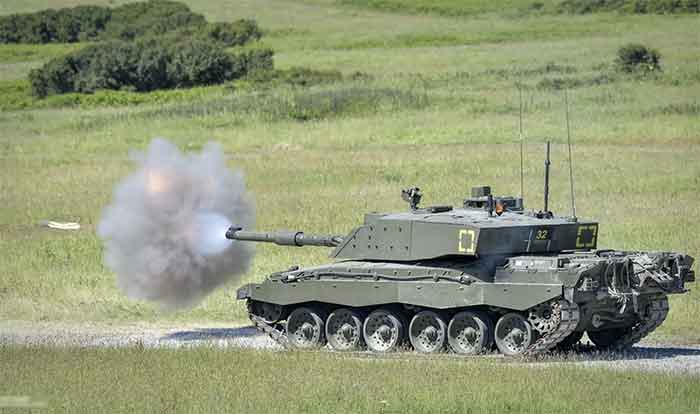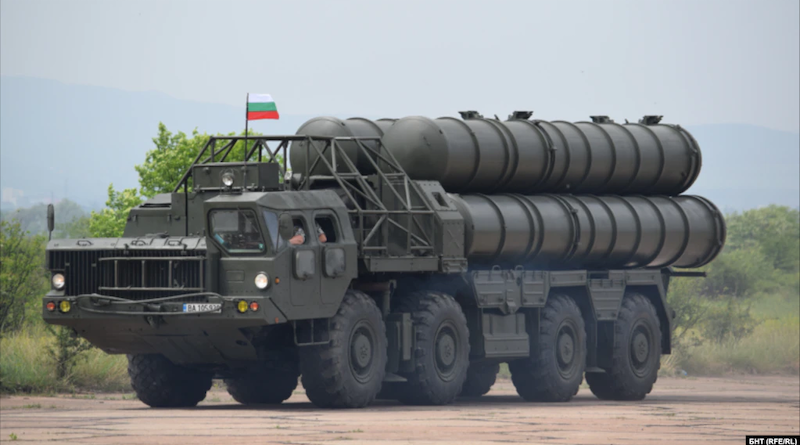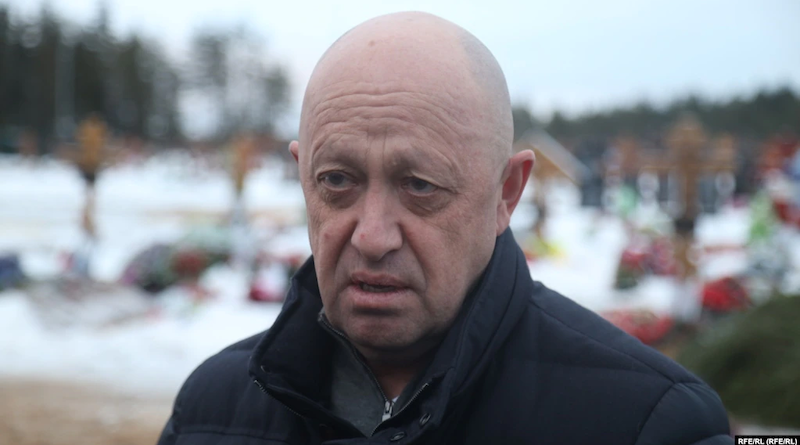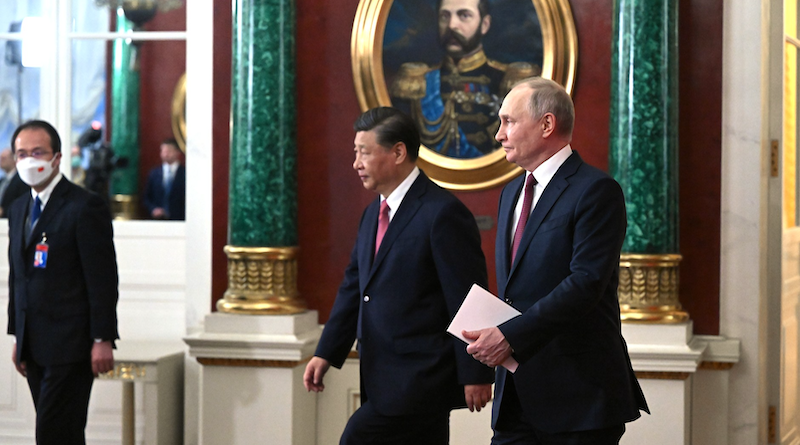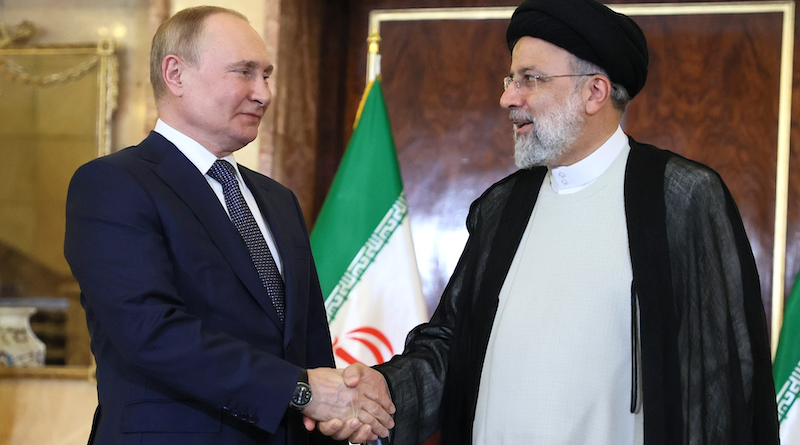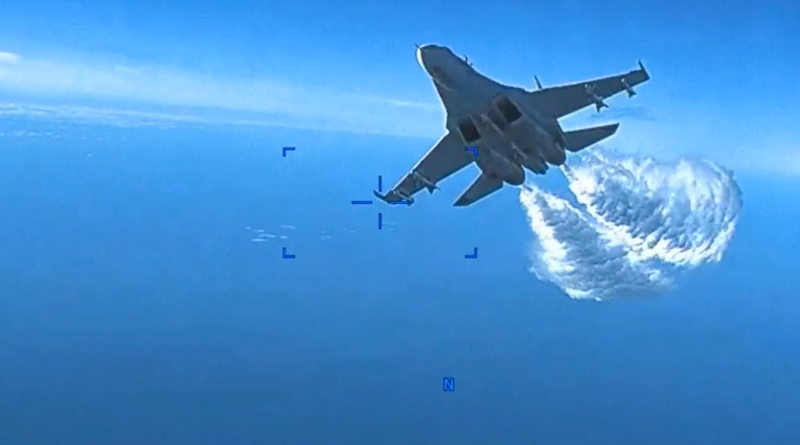Africa Could Benefit From Dynamics Of Russian Education – OpEd

On March 20, Russian President Vladimir Putin spoke at the International Parliamentary Conference Russia – Africa in a Multipolar World, held in Moscow under the auspices of the State Duma of the Russian Federal Assembly. “This conference is undoubtedly important in the context of the continued development of Russia’s multifaceted cooperation with the countries of the African continent. We also consider this event a key part of the preparations for the upcoming second Russia-Africa summit scheduled to be held in St Petersburg in July,” he said.

